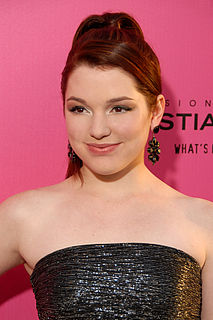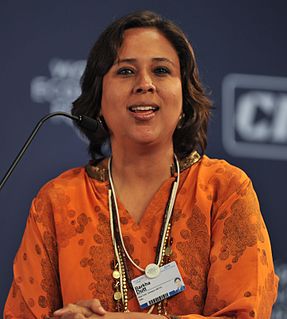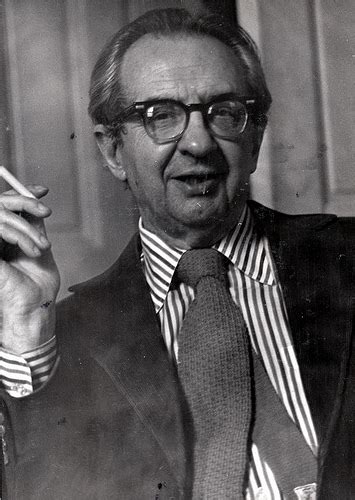A Quote by Jennifer Stone
movies have mirrored our moods and myths since the century began. They have taken on some of the work of religion.
Related Quotes
... my century.. is unique in the history of men for two reasons. It is the first century since life began when a decisive part of the most articulate section of mankind has not merely ceased to believe in God, but has deliberately rejected God. And it is the century in which this religious rejection has taken a specifically political form.
As the twentieth century began, science equaled a materialistic worldview. As the twenty-first century began, the worldview of science, at least of physics and astronomy, may have traded place with that of religion. Consider Einstein's famous equation E = mc2. Nothing of matter dies but continues on in another form, elsewhere. The church divines and theologians for two thousand years have devised arguments and "proofs" of immortality but nothing equal to this.
With a historical novel you know that liberties are being taken. Since Walter Scott, we know that poetic license, dramatic license, that events been conflated and that liberties have been taken, characters ditto, dates rearranged. But people don't seem to understand that movies are fictions, they are dramatizations, at least historical movies, and we should accord the moviemakers some of the same understanding and latitude. When you go to a movie you know it's a dramatization and not history.
Myths, as compared with folk tales, are usually in a special category of seriousness: they are believed to have "really happened,"or to have some exceptional significance in explaining certain features of life, such as ritual. Again, whereas folk tales simply interchange motifs and develop variants, myths show an odd tendency to stick together and build up bigger structures. We have creation myths, fall and flood myths, metamorphose and dying-god myths.
Religion is not about accepting twenty impossible propositions before breakfast, but about doing things that change you. It is a moral aesthetic, an ethical alchemy. If you behave in a certain way, you will be transformed. The myths and laws of religion are not true because they they conform to some metaphysical, scientific or historical reality but because they are life enhancing. They tell you how human nature functions, but you will not discover their truth unless you apply these myths and doctrines to your own life and put them into practice.
We still like to make up stories, just as our ancestors did, which use personification to explain the great forces of our existence. Such stories, which explain how the world began or where the sun goes when it sets, we call myths. Mythology is a natural product of the symbolizing mind; poets, when not making up myths of their own, are still commanding ancient ones.
My work is really the accumulation of these different moods that I've had throughout my life and where they've taken me. I start looking back, and I think, I've actually created a life out of all this, out of these changes of mood. They've pushed me through all these years, and I seem to have a semblance of a life, and if I look very carefully, I can see some thematic design to it. There's some continuity.



































